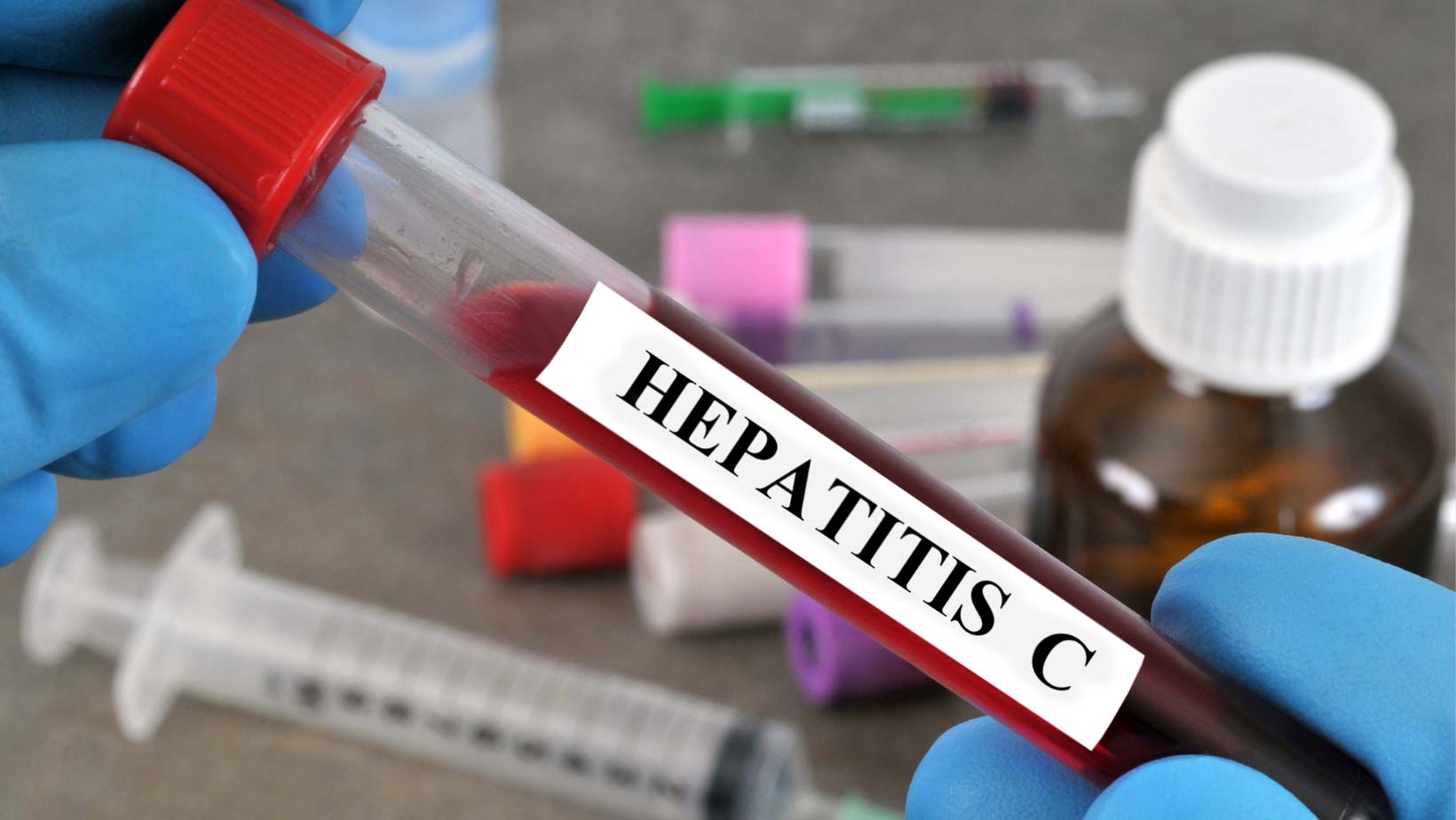
Hepatitis C is a viral infection that affects the liver, causing inflammation and potential long-term damage. While the prevalence of hepatitis C has decreased in recent years due to improved screening and treatment, it remains a significant public health concern. Let’s explore the symptoms, diagnosis, and treatment options for Hepatitis C.
Symptoms of Hepatitis C
Over 71 million people worldwide live with chronic hepatitis C infection. Hepatitis C is often referred to as a “silent” virus because it can progress without noticeable symptoms for many years. When symptoms do occur, they can vary widely and may include fatigue, loss of appetite, jaundice (yellowing of the skin and eyes), dark urine, pale stools, abdominal pain, and joint pain. However, it is essential to note that these symptoms can also be associated with other conditions, making it essential to get a proper diagnosis. (Mayo Clinic)
Diagnosis and Treatment of Hepatitis C
Healthcare providers use blood tests to diagnose hepatitis C. The HCV antibody test is the most common, which checks for antibodies produced by the immune system in response to the virus. If the test is positive, additional tests like the HCV RNA test are done to determine the viral load and genotype of the virus. These tests help guide treatment decisions and monitor the effectiveness of antiviral therapy.
Effective treatments for hepatitis C are now available thanks to advancements in medical research. The main objective of the treatment is to cure the infection, thus preventing any further liver damage and lowering the risk of complications like liver cancer and cirrhosis. The standard treatment for hepatitis C involves antiviral medications, typically in the form of direct-acting antivirals (DAAs). The medications target the hepatitis C virus directly, which stops it from replicating and helps the immune system clear the infection. The treatment duration may differ based on factors like the genotype of the virus and any liver disease present.
Hepatitis C treatment has become more available and accessible in recent years, with high cure rates and shorter treatment times in many cases. Speaking with a healthcare professional to determine the best treatment plan for your circumstances is crucial.
(Mayo Clinic)
How Hepatitis C Spreads
Hepatitis C is primarily transmitted through contact with infected blood. The most common transmission mode is through sharing needles and other drug paraphernalia among individuals who use injectable drugs. Other less common routes of transmission include blood transfusions (before routine screening), needlestick injuries in healthcare settings, and, rarely, through sexual contact. It is important to note that hepatitis C is not spread through casual contact, such as hugging, kissing, or sharing food and drinks. (CDC)
Prevention of Hepatitis C
Preventing the spread of hepatitis C primarily involves adopting safe practices. Avoiding the use of illicit drugs and sharing of needles is crucial in reducing the risk of infection. In healthcare settings, adherence to proper infection control protocols, including safe handling of needles and equipment sterilization, is essential. Additionally, practicing safe sex, such as using condoms and engaging in monogamous relationships, can help reduce the risk of sexual transmission. (WebMD)
Hepatitis C is a significant health concern, but the infection can be managed effectively with proper diagnosis and treatment. The availability of highly effective antiviral medications has revolutionized the treatment landscape, offering hope for those living with Hepatitis C. Additionally, preventive measures such as safe injection practices and safe sexual behavior are crucial in reducing the transmission of the virus. By raising awareness about hepatitis C and encouraging early detection and treatment, we can work towards minimizing the impact of this infection on individuals and communities.
Works Cited
“Hepatitis C.” Mayo Clinic, Mayo Foundation for Medical Education and Research, 31 Aug. 2021, www.mayoclinic.org/diseases-conditions/hepatitis-c/symptoms-causes/syc-20354278.
“Hepatitis C – Faqs, Statistics, Resources, Find Treatment, & More.” Centers for Disease Control and Prevention, 11 Apr. 2023, www.cdc.gov/hepatitis/hcv/index.htm.
“Hepatitis C – What Is Hep C? Symptoms, Causes, Diagnosis, Treatment.” WebMD, www.webmd.com/hepatitis/digestive-diseases-hepatitis-c
If you seeking for help about Diagnosis and Treatment, please contact us here: CONTACT





